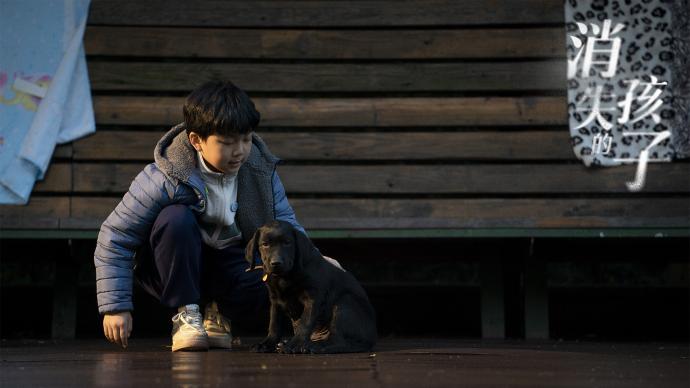
Note: This article contains spoilers
A major crux of the general blandness of domestic suspense dramas is the lack of a good story as a script. "The Disappearing Child" has no such troubles. It is adapted from the high-scoring novel "Sea Anemone" first published on Douban by the cutting-edge suspense novelist Beikebang. Beckbang is a good storyteller, and in one sense, "Sea Anemone" is similar to Zijin Chen's critically acclaimed "Bad Kid" (later adapted into the famous "The Hidden Corner") - see Seemingly innocent children, because of their ignorance and insensitivity to evil, hide even greater sins.
Therefore, after the news that "Sea Anemone" was adapted into "Gone Child" came out, it caused a commotion among suspense drama fans: Will there be another explosion similar to "The Hidden Corner"? If the explosion fails, where is the problem?
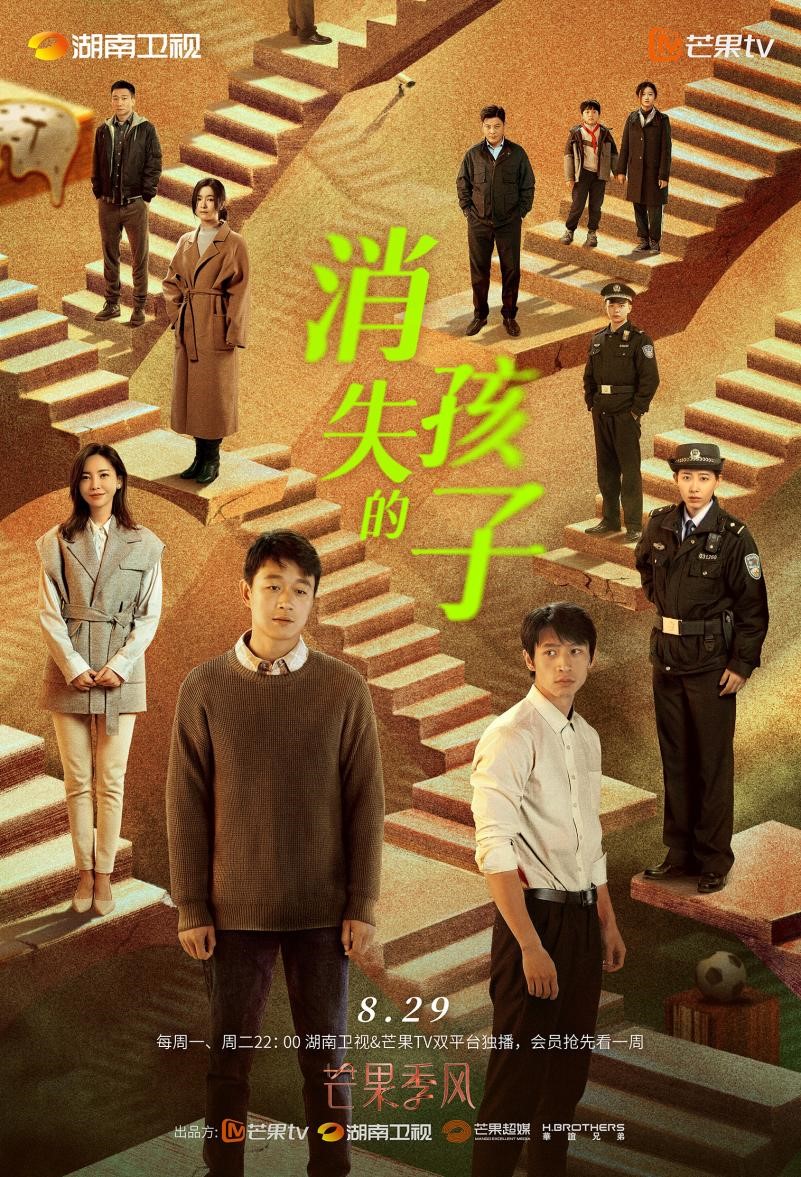
"Gone Child" poster
"Gone Child" basically continues the vein of "Sea Anemone", and the novel can be subdivided into four narrative lines. The first line, the disappearing child. Yang Yuan (played by Tong Dawei) and Tao Fang (played by Li Sheng), who live in Room 401 of a certain urban community, are an ordinary couple. They have a son, Yang Mo, who has just started elementary school. Tao Fang is blindly "chicken baby". The couple often have conflicts over children's education, but in general, this is still a "normal" family, quarreling and arguing, not understanding but not understanding, and there is love for each other. of.
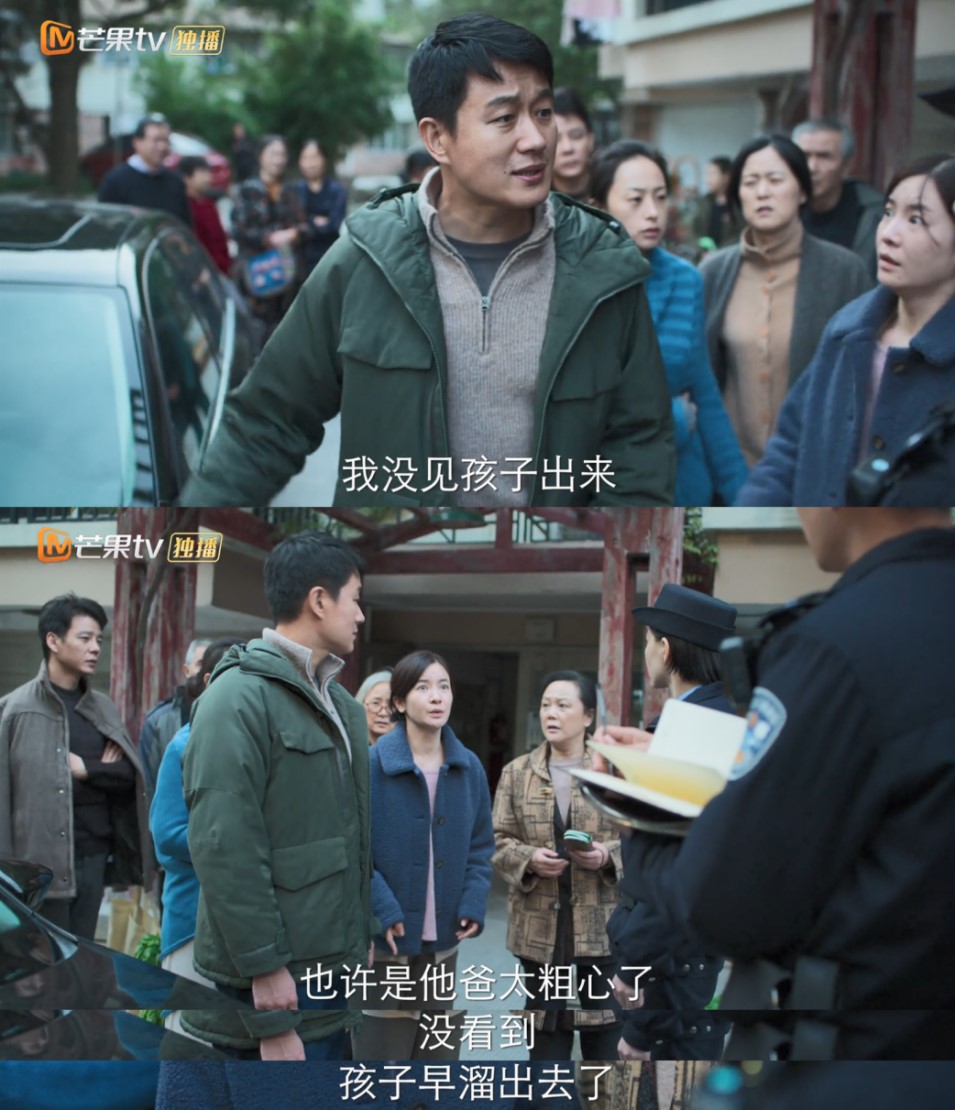
Yang Yuan (Tong Dawei) and Tao Fang (Li Sheng) lost their children
One ordinary morning, Tao Fang watched the child go downstairs to go to school. Yang Yuan's car was waiting for his son at the gate of the community. In just a few minutes, Yang Mo disappeared, and a child disappeared "out of thin air". Did the son hide in the building, or did he escape from the community with the help of the surveillance blind spot while Yang Yuan was not paying attention?
The second line happened to Yuan Wu (played by Wei Chen), a tenant in Unit 303 next door to the community. This line revolves around hiding corpses and falsely claiming pensions. Yuan Wu graduated from a prestigious university, had a good job, had a marriage and a daughter, but because of neurosis and gambling addiction, he played a good hand of cards that he had originally won. He lost his family, lost his job, and his ex-wife left with his daughter. He and his father left their hometown to rent a house and lived on his father's pension. Yuan Wu was like a walking corpse every day, decadent, cowardly, and cowardly. He pretended to go out to work every day, but he actually went to the chess and card room.
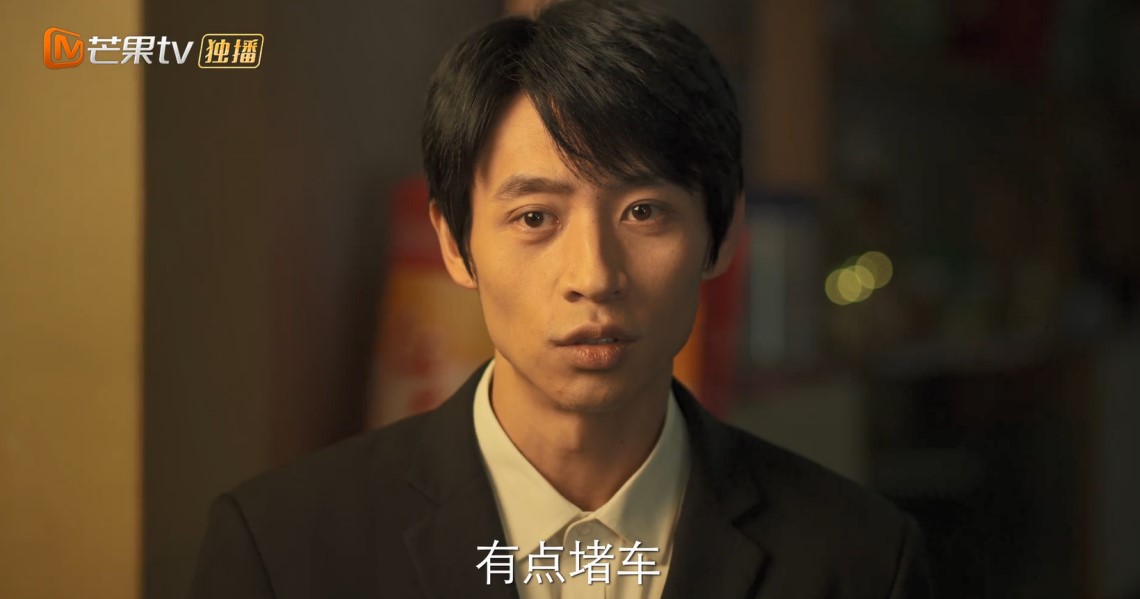
Yuan Wu (played by Wei Chen), Wei Chen has a breakthrough in this role
It was also a very ordinary day - a week before Yang Mo disappeared, Yuan's father died in his sleep. A deviation from thinking, Yuan Wu decided to cover up the news of his father's death in order to continue to embezzle his father's pension. When he discovers that he can hide his father's body in the bathroom wall of his rental house, he puts the horrific idea into action.
The third line is still full of horror. It has a little taste of the Spanish movie "When You Are Sleeping". Lin Chuping (played by Yu Wenwen), the landlord of 303, was sexually assaulted by a strange man in her sleep. After that, she Moved out of the community and rented the house to Yuan Wu and his son at a low price. Lin Chuping did not call the police at the time, but this incident was her lingering nightmare, and she and her brother have been conducting secret investigations.
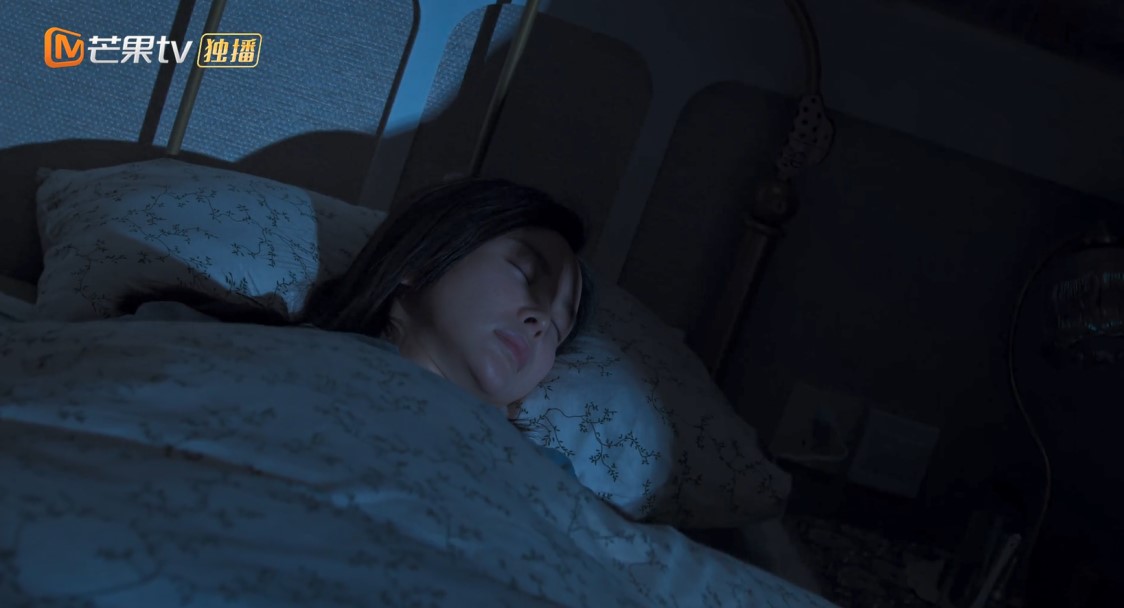
Lin Chuping (played by Yu Wenwen) was violated in her sleep
The fourth line goes back to the first line. Xu Enhuai (Liu Qiqi), a junior high school student living in Room 302, downstairs from Yang Yuan's house, lives with his father Xu Anzheng (Wu Qijiang) after his parents divorced. Xu Enhuai, who was never wanted by her mother and did not care about her father since she was born, is independent and "sensible" beyond her peers. After accidentally breaking into the life of Yang Yuan's family, she was quickly accepted by the family. She envied Yang Mo for having such a warm family, and she also had a flash of thought: it would be great if I were their daughter.
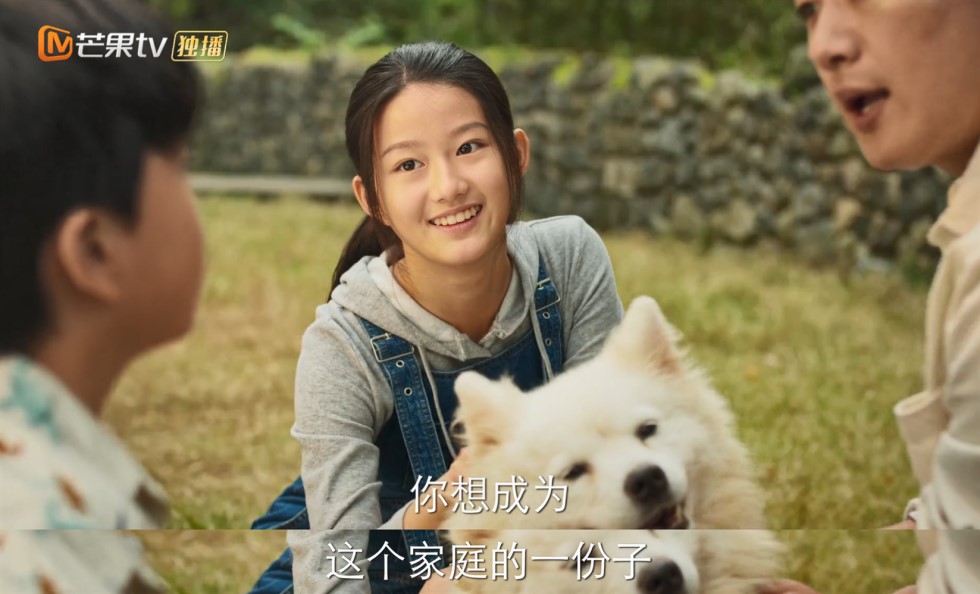
Xu Enhuai (played by Liu Qiqi)
The four lines that seem to be independent and not very closely related to each other finally converge, giving the audience a rather terrifying answer.
The novel "Sea Anemone" has two charms. For one, it has a well-conceived, well-paced, and engaging story, where the lines are methodical and come together unexpectedly and logically. Although the reasoning is still weak, the original intention of the novel is not strict innate reasoning, but more inclined to social reasoning. Through the original families of several groups of characters such as Yang Mo, Xu Enhuai, and Yuan Wu, it reveals what a "bad boy" is. born.
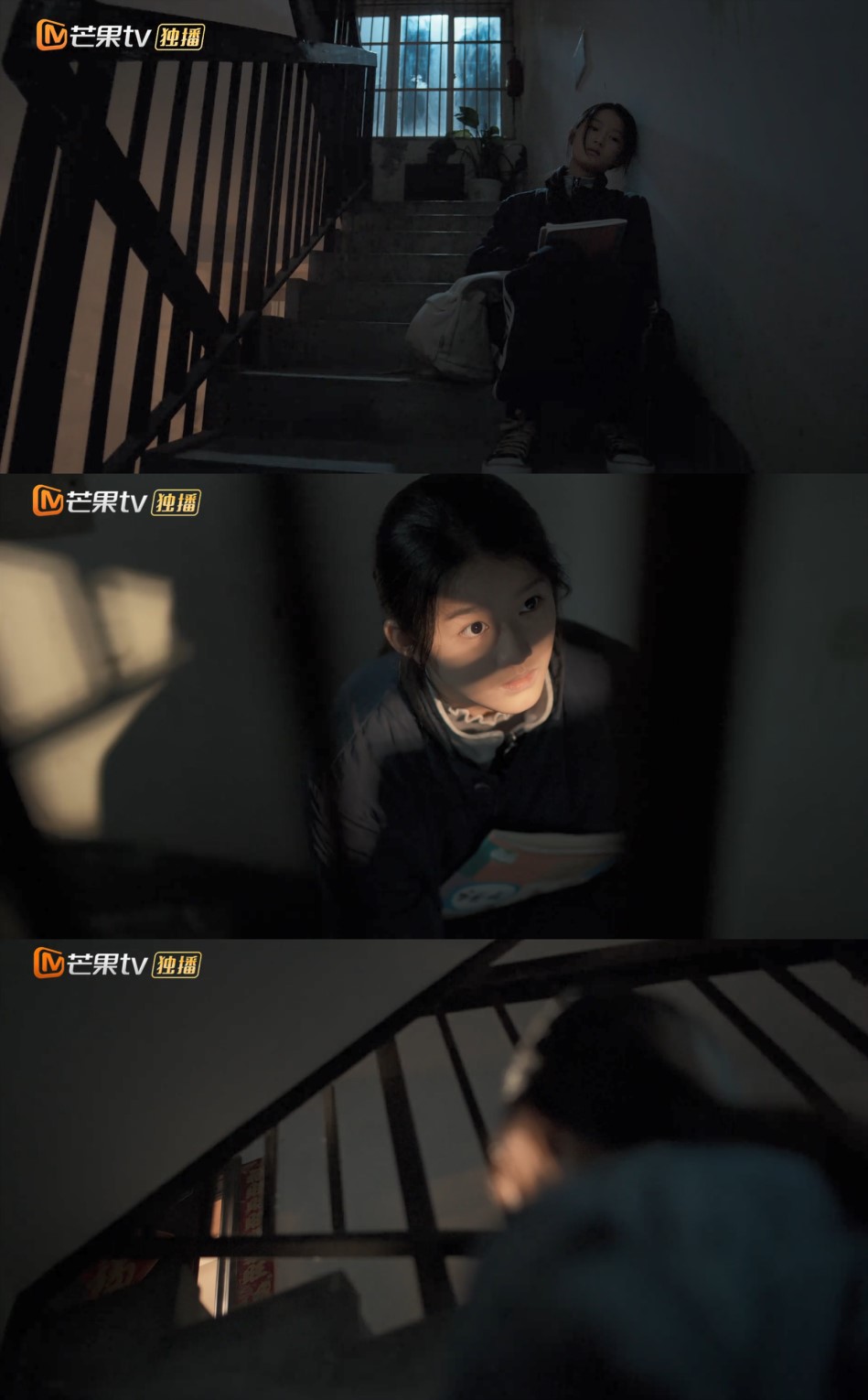
Xu Enhuai, who didn't want her father to be hurt, was waiting for her father to get off work on the corridor. She looked at the warm light in Room 401.
The other is the charm from the style of the novel, which has the temperament of "everyday thriller". That is, the narrative of the novel is calm and restrained, trying to convince the audience that this is a very everyday story that happened around us - an old-fashioned stair house, familiar life scenes, ordinary middle-aged couples, frustrated social zero-odd people ; Even if it is a rather dramatic plot such as the disappearance of the child and the deception of the security, the narrative of the novel is still very restrained, avoiding the creation of a mysterious atmosphere and surprises.
It is this pretentious calm that makes the mystery revealed with a "jump scare" effect, because we have no expectations and preparations, and the horror index will be maximized. The sea anemone is not only the "real murderer" who looks harmless to humans and animals but has a huge dark side of human nature, but also daily life itself. Therefore, reading "Sea Anemone" in broad daylight will also be vaguely frightening.
With a good-looking story as the base, the drama of "Gone Child" will not be bad. However, judging from the current broadcast effect of the show, it has not yet become a phenomenal work like "The Hidden Corner". Having a good story is important, but the way it is told is equally important, which is what makes The Hidden Corner so successful. The director did not just tell the story smoothly and clearly, but his painstaking management in lens language, soundtrack, imagery, etc., allowed "The Hidden Corner" to hide its dark expression under the surface story that passed the trial. Complete a thriller design that will leave the audience in awe.
"Gone Child" is quite different from the style of the novel: the novel is a restrained thriller, and the series is full. From the very beginning, it has tried to create and render that blurred, chaotic, mysterious sense of suspense, so the director has repeatedly used shaking shots, jumping clips, close-ups of characters' panicked expressions, slow motion with vulgar horror The kind of rumbling soundtrack that reminds you of the danger in the movie, to tell the audience: this is a thriller and suspense drama, and there may be some huge secret here. When the director exerts too much force, the interest in "the calm and silent daily life like grazing, which, in retrospect, has become a lot of layers of meat and fat" is greatly diminished.
Another clear sign of using too much force is that repeated episodes appear again and again in the episode. The episode just finished airing in the previous episode, and the next episode is broadcast again suddenly, and some scenes even appear three or four times, so that there are audiences. Tucao: I thought I read the wrong number of episodes. The purpose of repeated editing is to reveal different amounts of information. This intention is understandable, but unfortunately, it is a clumsy method to repeat the same bridge segment by changing the camera position. Because there is no more efficient way to transmit information, the creator only At the risk of diluting the rhythm and reducing the efficiency of the narrative, it is possible to change the camera position and add some lines to play the already played bridges. Moreover, this three-pronged axe is used too frequently, and almost every episode after the third episode has to be edited a little bit, and the result is that after five episodes, the narrative has almost no substantial progress.
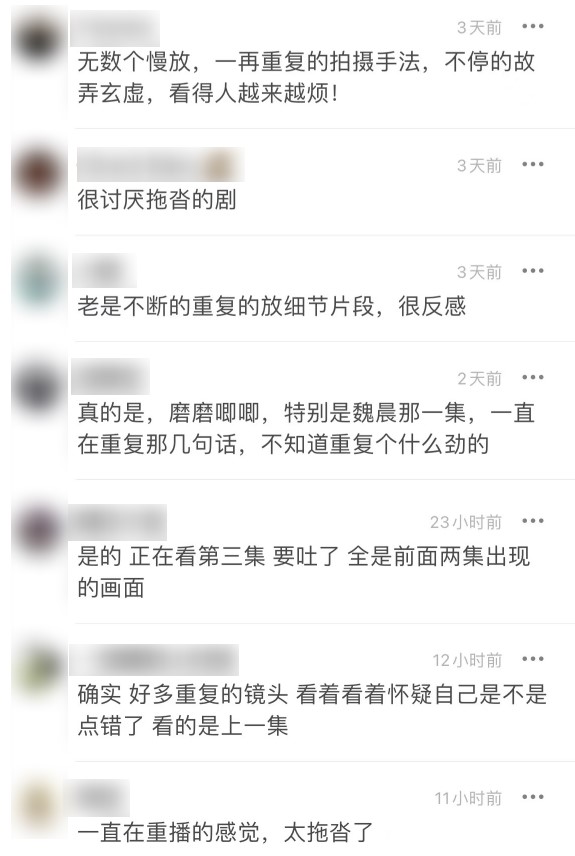
Narrative inefficiency draws criticism from some viewers
It's not like I'm just one step at a time. The author is still impressed by some of the efficient and subtle handling of the narrative of "The Hidden Corner". Good dramas are always new with time. For example, just the close-up of Zhu Chaoyang's two diaries, combined with the subtitle of the episode "Diary", can make the audience think that Zhu Chaoyang may have two diaries - one for people to see later, and the other for It's his real inner world. This is an efficient suspense narrative, and the daily thriller should be completed in a calm manner.
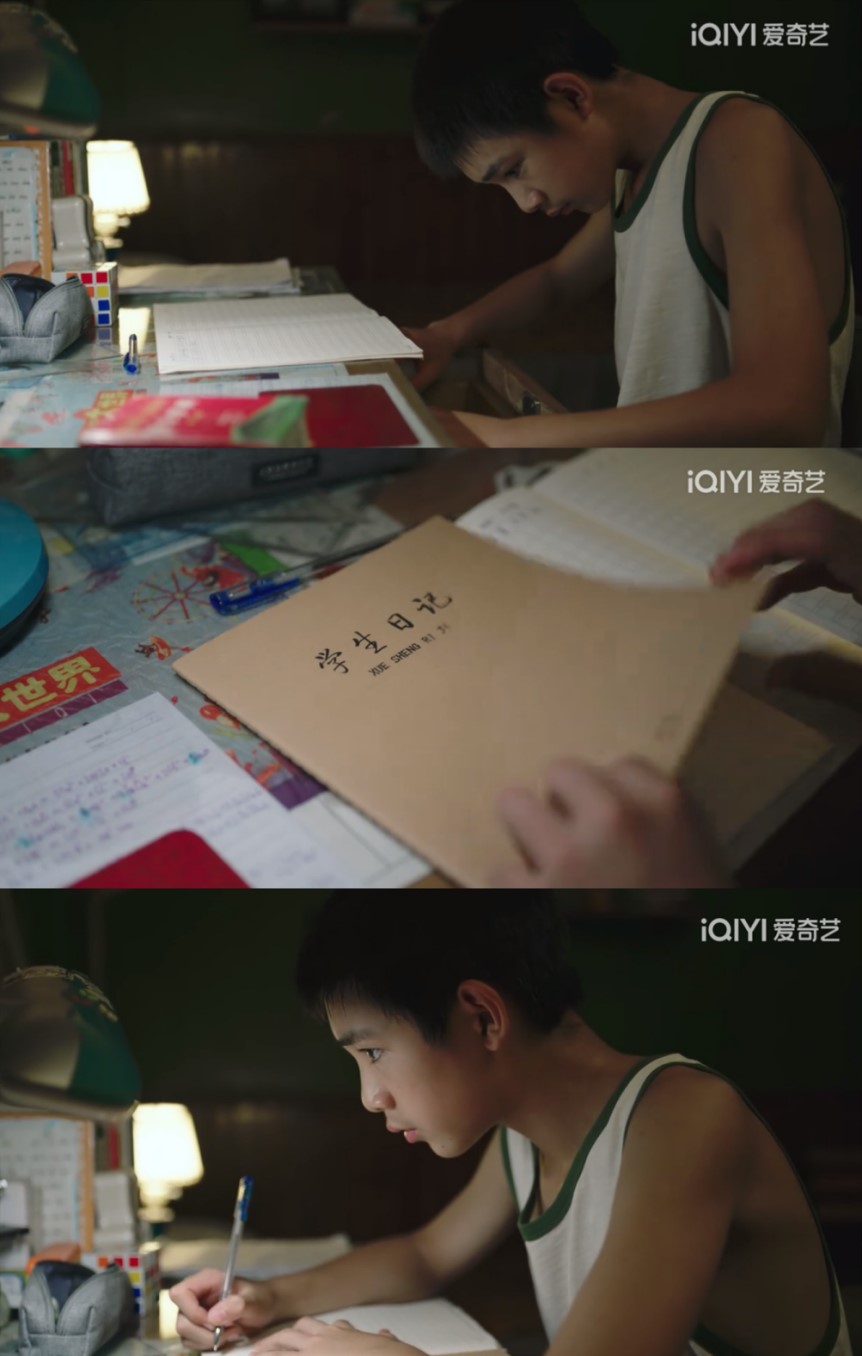
In "The Hidden Corner", Zhu Chaoyang's two diaries
Having a good story is important, but how to tell a good story is equally important. From "Sea Anemone" to "The Disappearing Child", it is a bit of a pity. After all, it is not impossible to shoot another "The Hidden Corner" based on the story of "Sea Anemone". "The Disappearing Child" is certainly not bad to watch, and the performances of individual actors also have surprises, but book fans will inevitably have higher expectations.


